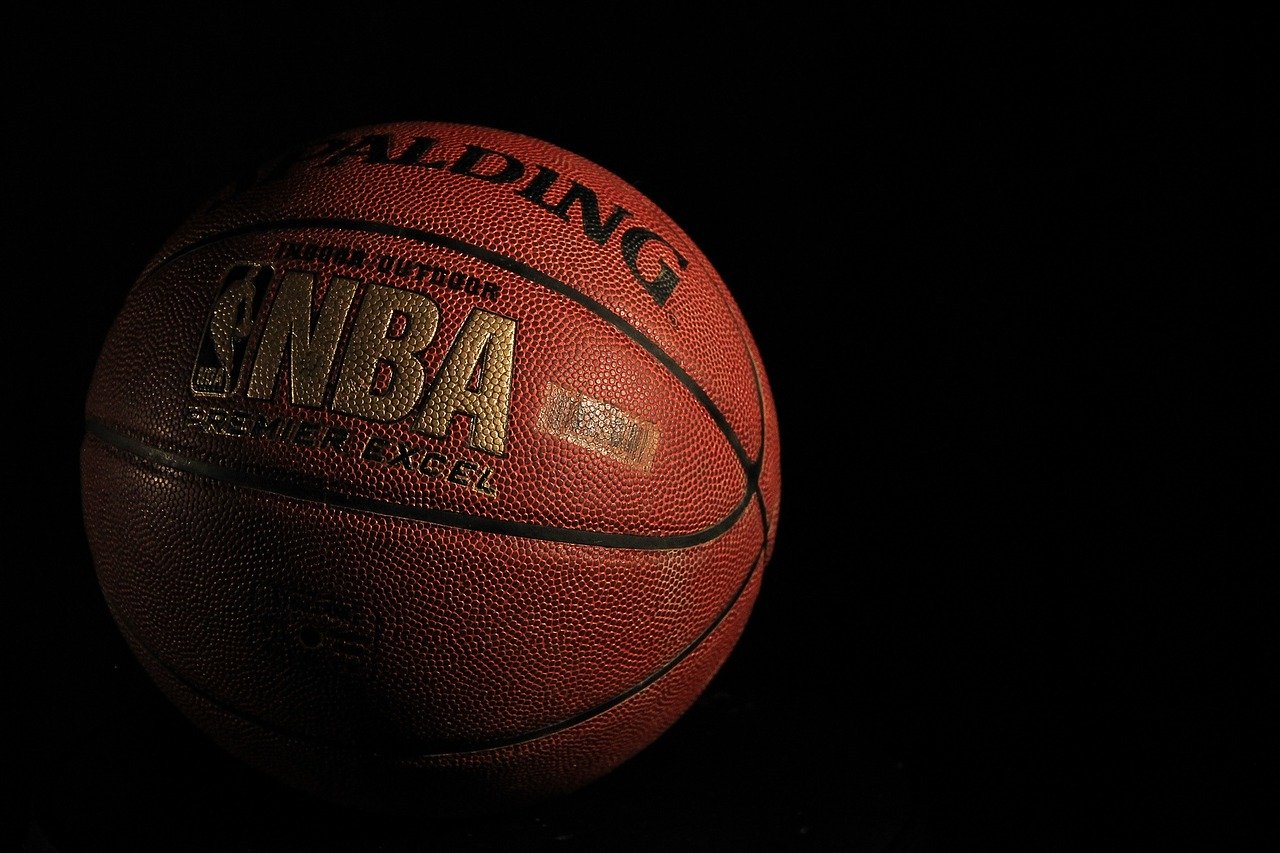By Sean Zucker –
Despite Florida registering record highs for coronavirus cases of late, the NBA is pushing ahead with plans to finish the 2019-2020 season entirely in Orlando. The modified schedule will feature eight additional regular season games, followed by the standard four rounds of seven-game playoff series. Every game will be played at Florida’s Disney World. The NBA is hopeful this travel-free bubble scenario will limit coronavirus infections, but it’s not the only precaution the league is taking.
First reported by The Athletic, every player will be offered a ‘smart ring’ that allegedly can track the health of the player and give early warning signs if they are in danger of contracting COVID-19. The ring was designed by the Finnish company Oura to measure heart rate, temperature and sleep patterns, all of which could possibly detect COVID-19 before the onset of noticeable symptoms.
It’s understandable why the NBA adopted the tiny gadget, as the earliest research indicated incredibly positive results. West Virginia University’s Rockefeller Neuroscience Institute conducted a study on the ring, suggesting it can help give three days of warning for coronavirus-related symptoms at a 95 percent success rate. The study was undertaken in conjunction with Oura.
Professional athletes may pride themselves on their rings, but the Oura versions may not be of championship caliber. Many experts, in fact, are suspicious of the ring’s worth in detecting coronavirus. Dr. Darria Long, an emergency room physician and clinical assistant professor at the University of Tennessee, told CNN she seriously questions the merits of the device.
“There is not a lot of data on it right now. There have been some studies that I’ve seen—most of the studies are published by the device manufacturers,” Long cautioned. Regardless of the ring’s effectiveness, she was quick to emphasize the need to rely on proven precautions as a first line of coronavirus defense. “It (the ring) does not replace any of the other things we should be doing, and the other steps that the NBA should be doing in terms of protecting their players, protecting their staff.”
She further warned that the rings may also create a false sense of security, leading to less mask wearing and looser attention towards personal precautions. CNN added, for good measure, that the Oura device has yet to be approved by the US Food and Drug Administration to monitor health data.
Ben Smarr, a professor at the University of California at San Diego, who are currently conducting their own study on the Oura smart ring, projected similar anxieties last month in The Washington Post. “I haven’t seen that subtlety embraced by most tech companies…I’m wary because I don’t want this to be used to sell people a false solution or false hope,” he said.
While questions remain regarding the effectiveness of the technology, the NBA’s move has raised other concerns over whether it was an intelligent use of resources. Forbes, for example, reported that the NBA purchased more than 2,000 Oura rings at a price of $300 a pop. It’s fair to wonder if the more than $600,000 given to Oura could have been better spent on more-proven means of prevention and detection such as coronavirus and antibodies testing.
With the revenue at stake, it’s not hard to understand why the NBA is punishing ahead to complete the season and crown a champion. But that compulsory enthusiasm and ambition may have sidetracked the league from getting an answer to a critical question. Did Oura produce something of real value or just an inedible ring pop.













